Beyond The Basics: Advanced Hurricane Preparedness Techniques
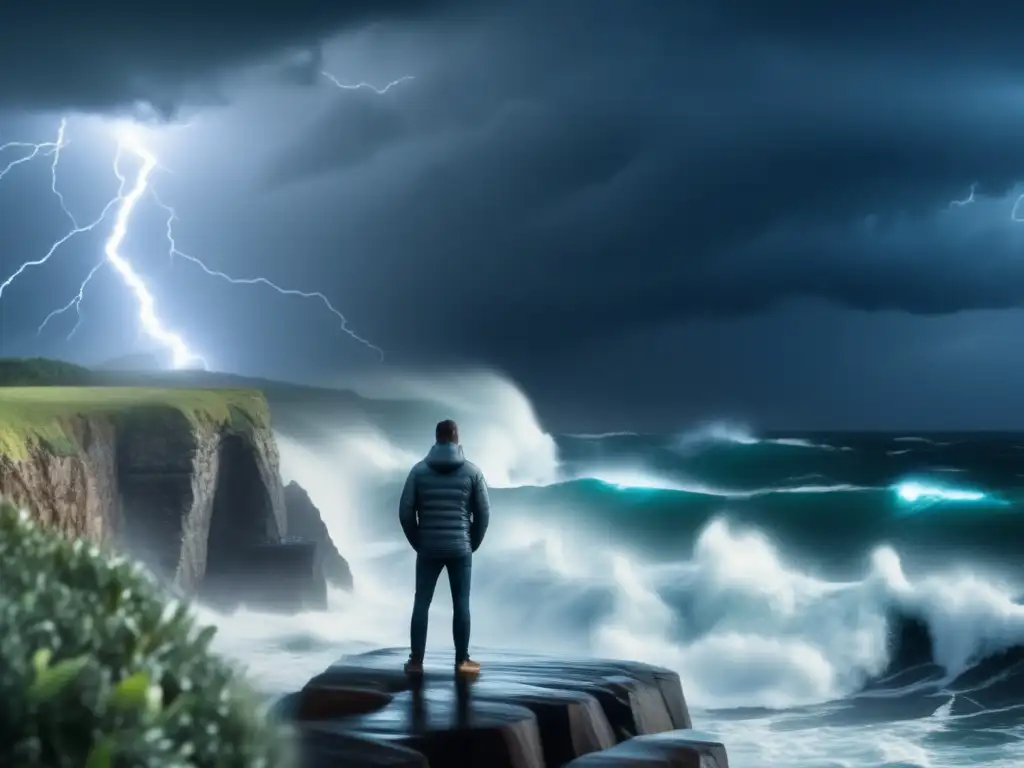
Beyond the Basics: Advanced Hurricane Preparedness Techniques
Introduction
Living in a hurricane-prone area means that you must always be prepared for the worst. While there are basic hurricane preparedness techniques that everyone should know, such as having non-perishable food and water supplies, it is important to take advanced measures to ensure your safety and that of your loved ones. In this article, we will discuss advanced hurricane preparedness techniques that will make a significant difference in protecting yourself and your property from the devastating effects of hurricanes.
Securing Your Home
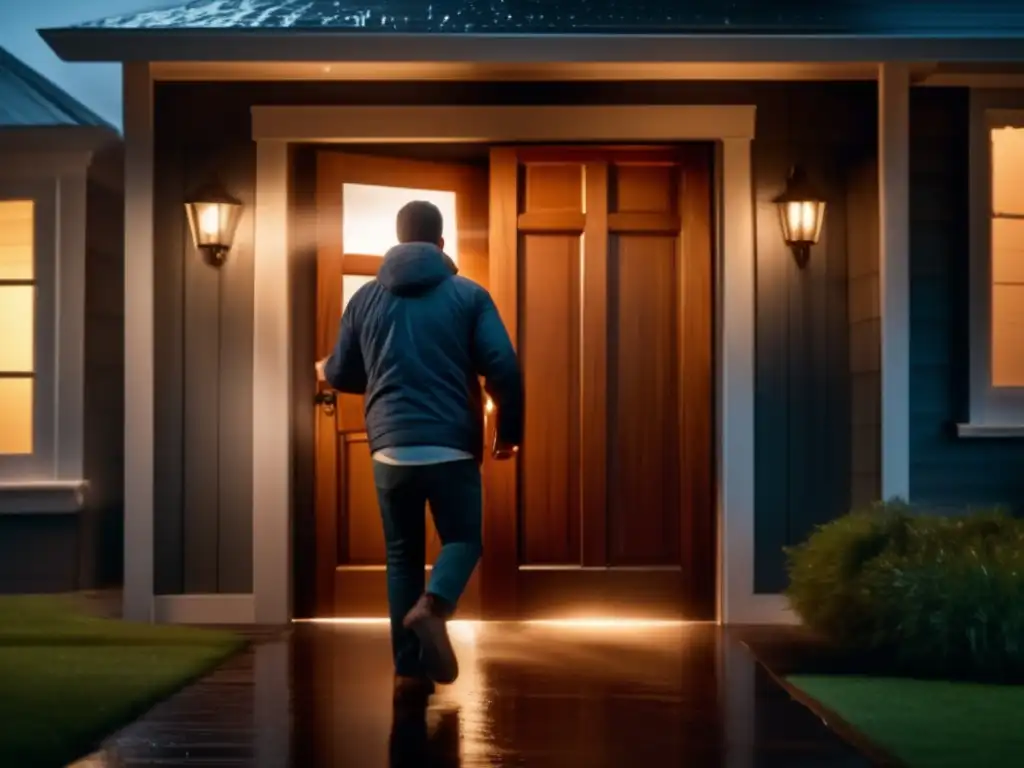
Reinforcing Doors and Windows
High winds and flying debris can cause severe damage to your home's windows and doors, leaving your home vulnerable to flooding. To avoid this, reinforce all exterior doors with heavy-duty deadbolts and install storm shutters or coverings. You can also install laminated glass or install shatter-resistant film on your windows to prevent breakage during storms.
Clearing Your Yard
Before a hurricane strikes, move all furniture and outdoor equipment inside. Cover your pool to prevent it from overflowing. Trees, shrubs, and other landscaping features also pose a risk. Trim branches that are close to your home and cut down any trees that look like they may fall during high winds.
Evacuation Planning
Even if you have reinforced your home and cleared your yard, it is important to have an evacuation plan in place. Know your local evacuation route, prepare your car for travel, and have a place to stay outside of the affected area.
Being Prepared for Power Outages
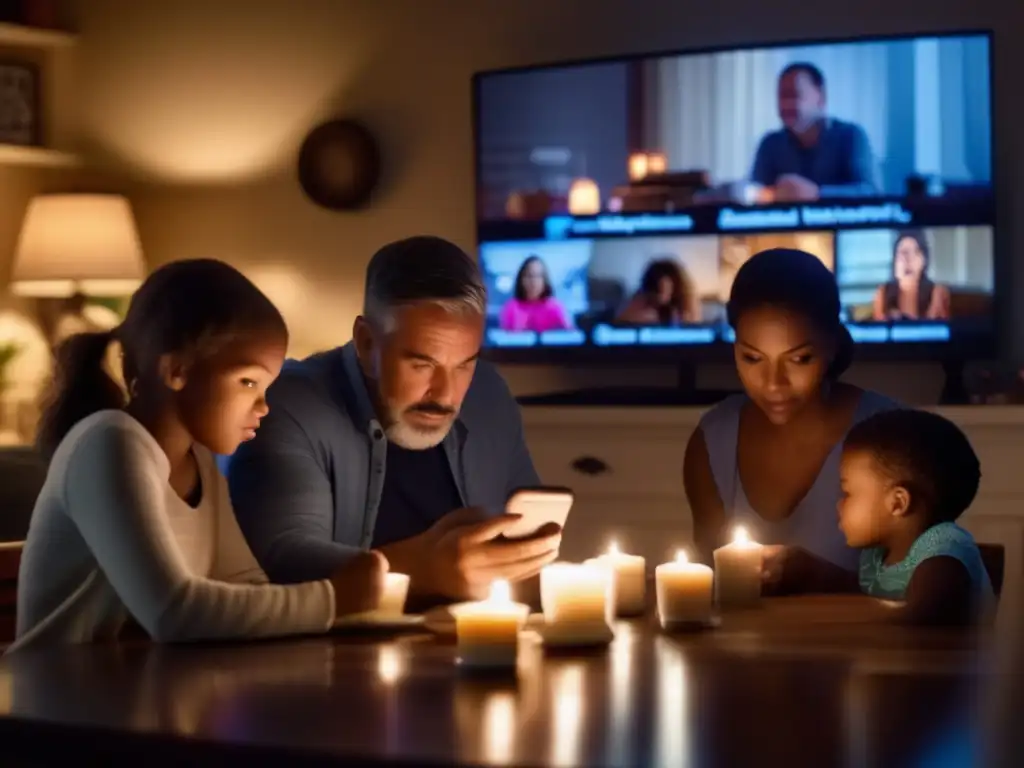
Generator
Investing in a generator can be a literal lifesaver during a hurricane. A generator can power your refrigerator, lights and other essential appliances. Make sure you use it outside to avoid carbon monoxide poisoning, and always follow the manufacturer's instructions on usage and maintenance.
Battery-powered Devices
Keep battery-powered devices such as flashlights, radios, and cell phones charged and ready in case of power outages. Consider investing in a solar charger to keep your devices powered even if there is no electricity available.
Emergency Supplies
Stock up on non-perishable food, water, and other emergency supplies such as first-aid kits, blankets, and a manual can opener. Keep these supplies in a waterproof container that is easily accessible in case you need to evacuate.
Protecting Your Valuables
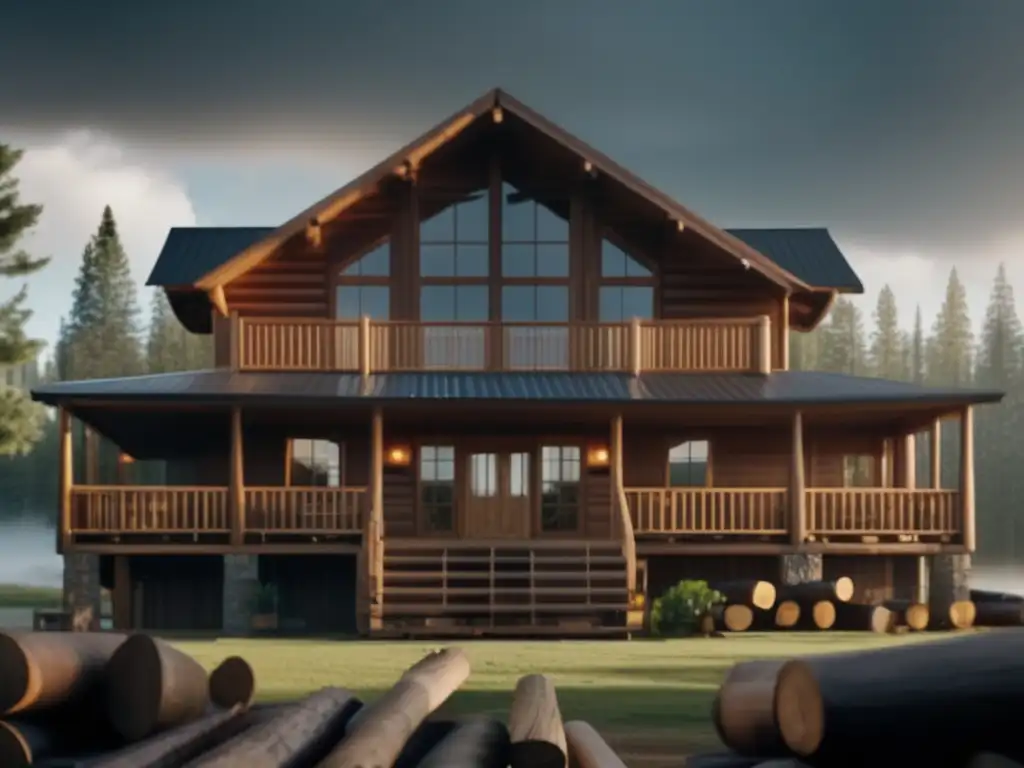
Document Storage
Make sure that important documents such as legal papers, insurance policies, and identification are kept in a safe, waterproof container. Keep this container somewhere secure and easy to grab in case of an evacuation.
Valuable Items
Protect valuable items such as family heirlooms and sentimental pieces by storing them in a safe, dry location. Consider renting a safe deposit box at your local bank for added protection.
Insurance Coverage
Make sure that you have adequate insurance coverage for your home and belongings. Check with your insurance agent to determine if additional coverage is needed for hurricanes and flooding.
Ensuring Your Safety During a Hurricane

Stay Informed
Stay informed about the hurricane's path and any updates from local authorities. Heed any evacuation orders and follow all instructions from emergency personnel.
Stay inside
During a hurricane, stay inside and away from windows or exterior doors. Seek shelter in a room that is safe and secure.
Do Not Drive Through Flood Waters
Never attempt to drive through flood waters, as the water can be deeper than it appears and can sweep your car away. Over half of all hurricane-related fatalities are due to drowning in floodwaters.
Frequently Asked Questions

-
What should I do if there is a power outage?
If you experience a power outage, avoid opening your refrigerator and freezer door to keep food cold. Try to limit power usage to conserve battery power and use flashlights instead of candles to prevent fires.
-
What is the difference between a hurricane watch and a hurricane warning?
A hurricane watch means that conditions are favorable for a hurricane to develop within 48 hours. A hurricane warning indicates that a hurricane is expected to hit within 36 hours.
-
What should I do if I am unable to evacuate?
If you are unable to evacuate, find a safe location within your home that is not subject to flooding or wind damage. Make sure you have enough food, water, and supplies to last for several days, and be prepared to ride out the storm.
-
How do I know if my home is at risk for flooding during a hurricane?
Check with your local government to determine if your home is in a flood-prone area. If it is, consider purchasing flood insurance to protect yourself and your property.
-
What should I do if I am caught outside during a hurricane?
If you are caught outside during a hurricane, seek shelter in a sturdy building or lie flat in a low-lying area away from trees and power lines. Do not try to shelter under a bridge or overpass.
Conclusion
Advanced hurricane preparedness techniques can make all the difference when it comes to protecting yourself and your loved ones from the devastating effects of hurricanes. By reinforcing your home, being prepared for power outages, protecting your valuables, and ensuring your safety during a hurricane, you can greatly reduce the risk of injury and property damage. Don't wait until a hurricane is headed your way to take action - start implementing these advanced preparedness techniques today.
Remember, hurricanes are a serious threat to those living in coastal areas, but with proper preparation, you can minimize the danger and protect what matters most in your life. Stay informed, stay prepared, and stay safe.
Additional Resources
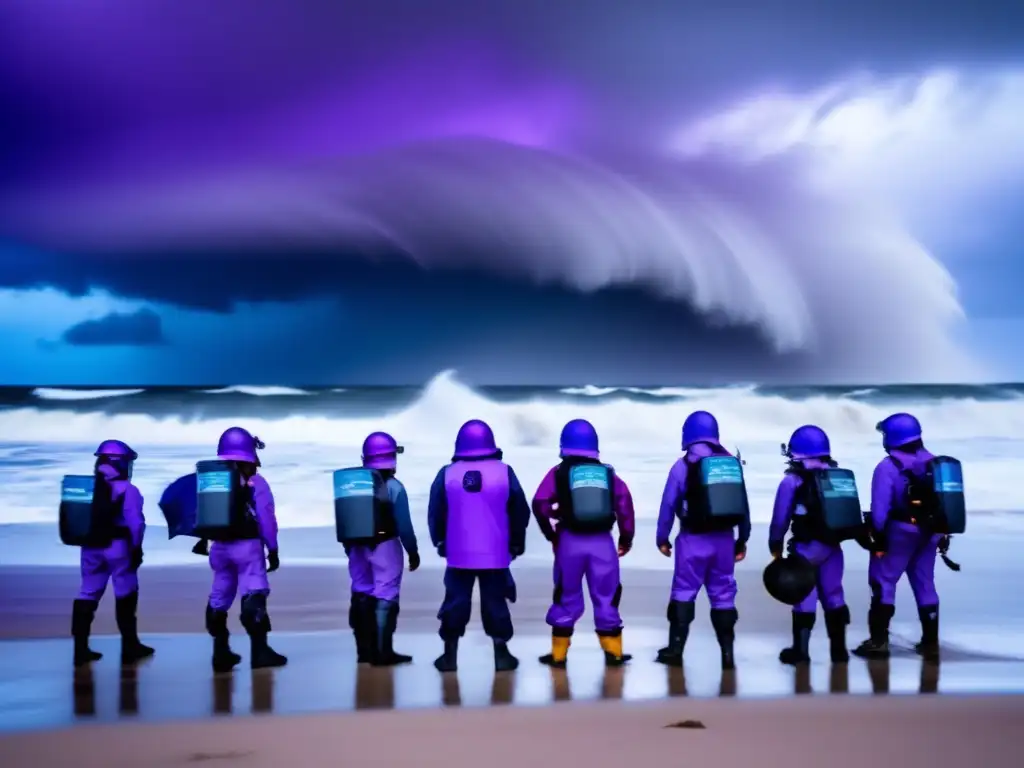
For more information on advanced hurricane preparedness techniques, visit the Federal Emergency Management Agency (FEMA) website at www.ready.gov/hurricanes
 The Art Of Distraction: Keeping Kids Busy During A Hurricane
The Art Of Distraction: Keeping Kids Busy During A Hurricane Compass And GPS Devices
Compass And GPS Devices Staying Informed: Understanding Hurricane Warning Systems
Staying Informed: Understanding Hurricane Warning SystemsIf you want to discover more articles similar to Beyond The Basics: Advanced Hurricane Preparedness Techniques, you can visit the Hurricane preparedness: category.
Leave a Reply

Articulos relacionados: